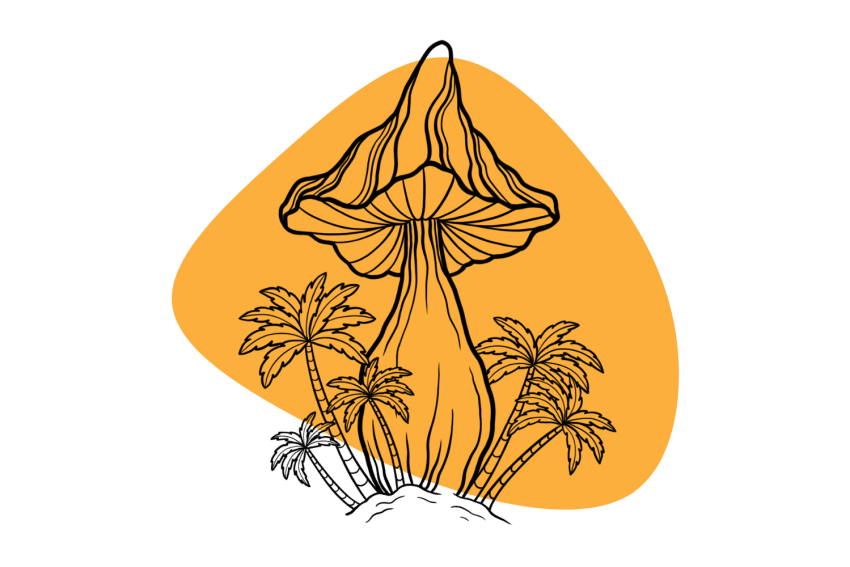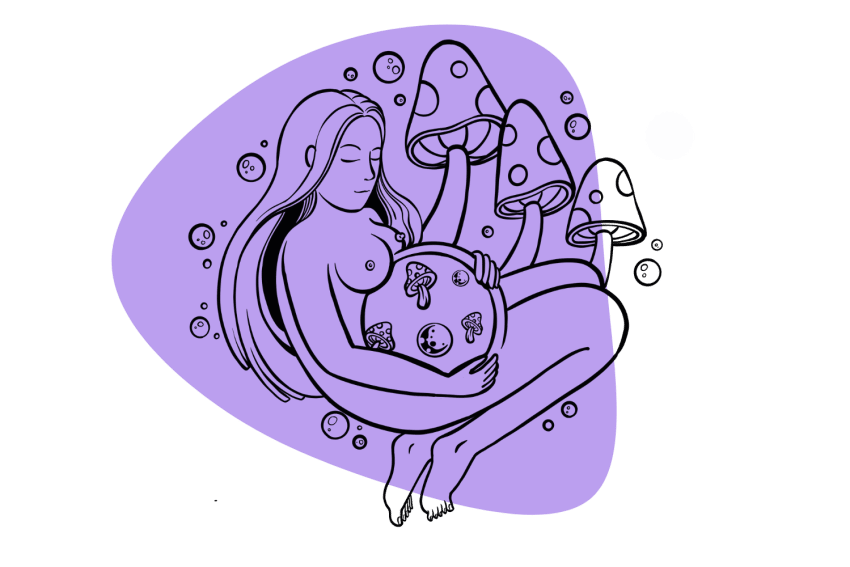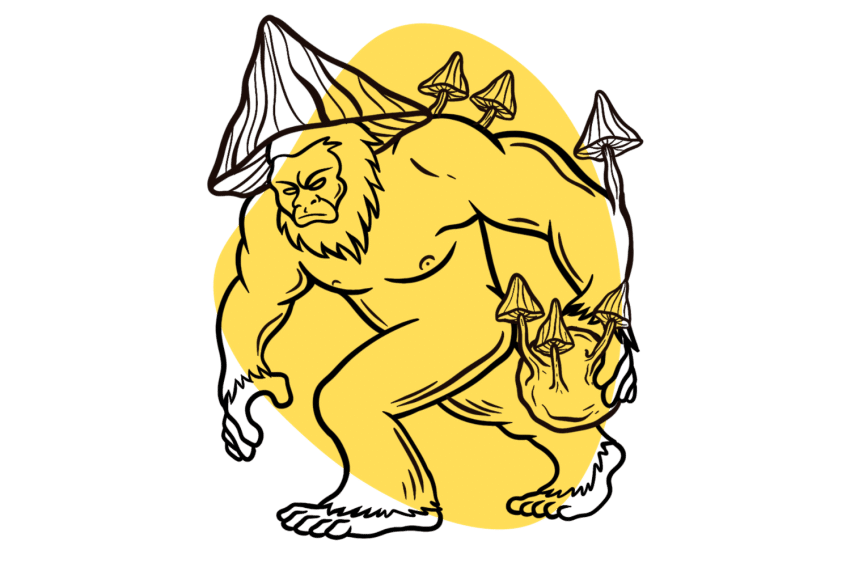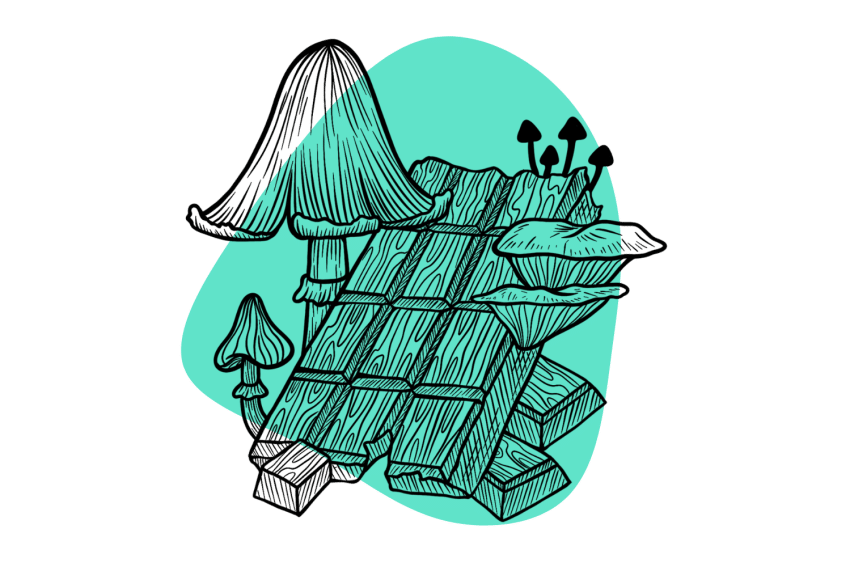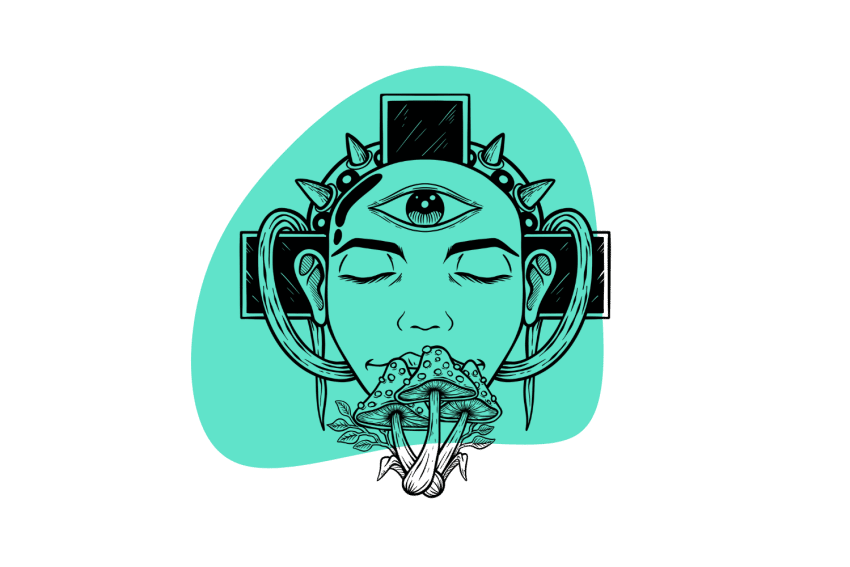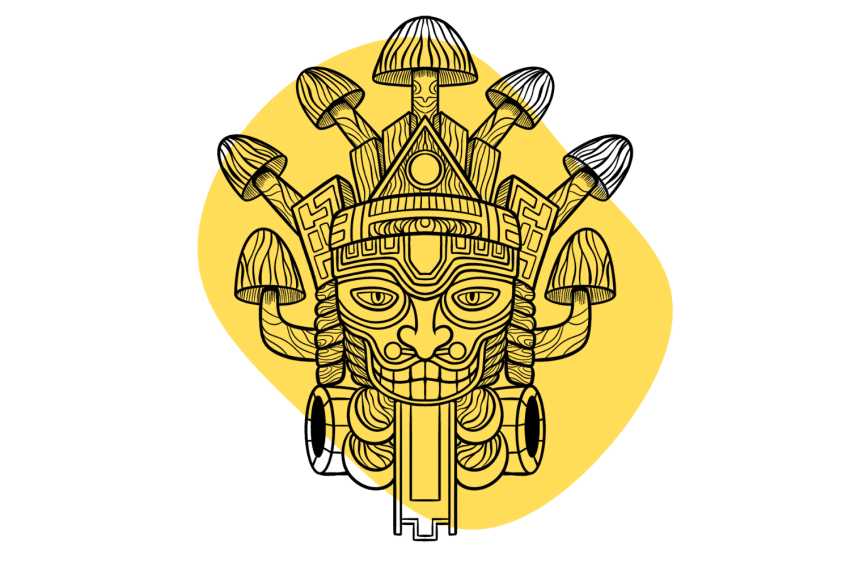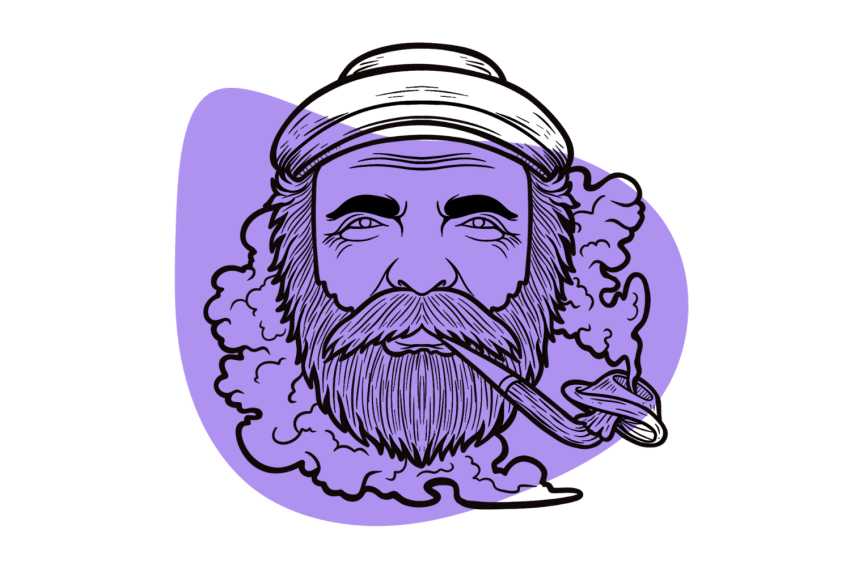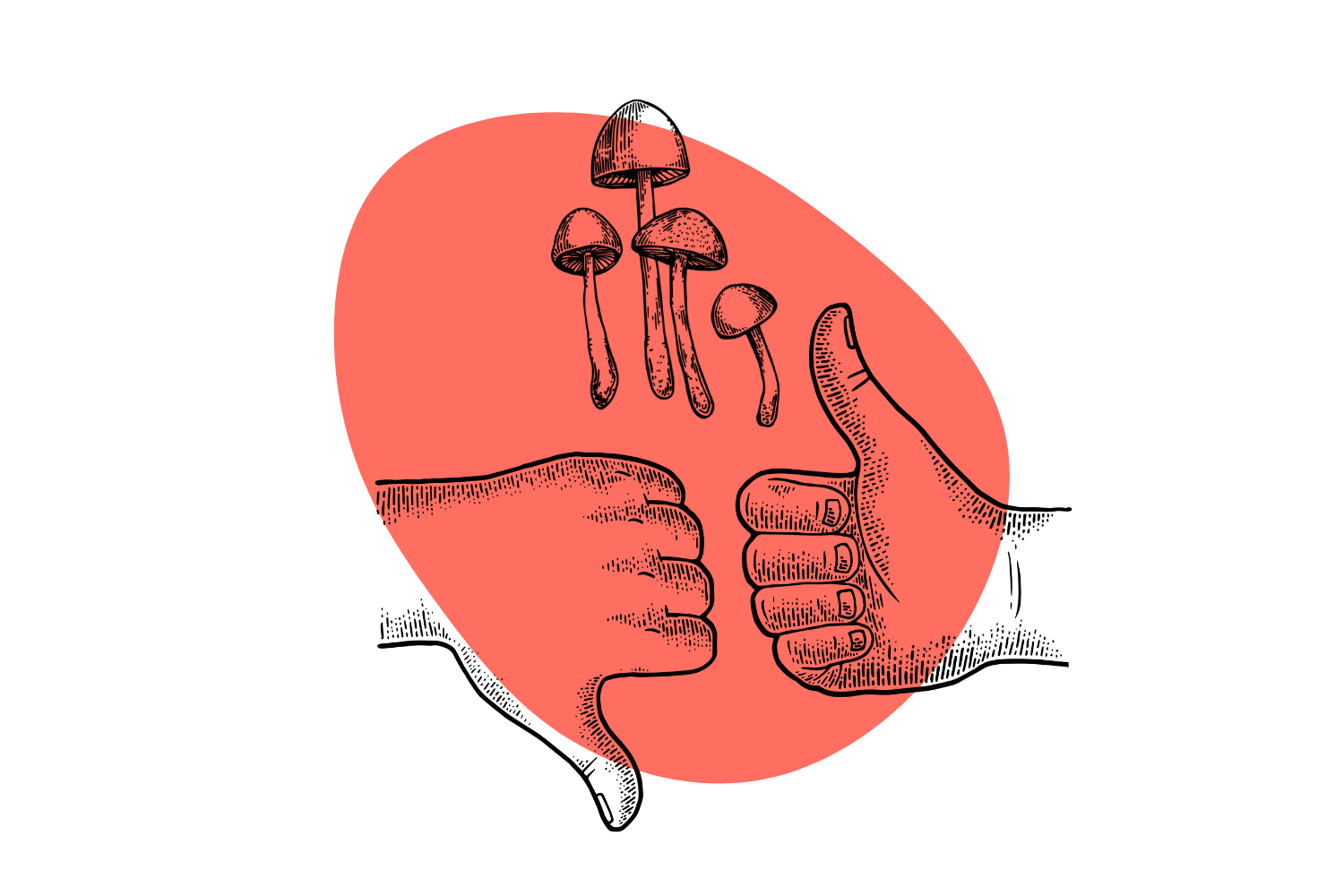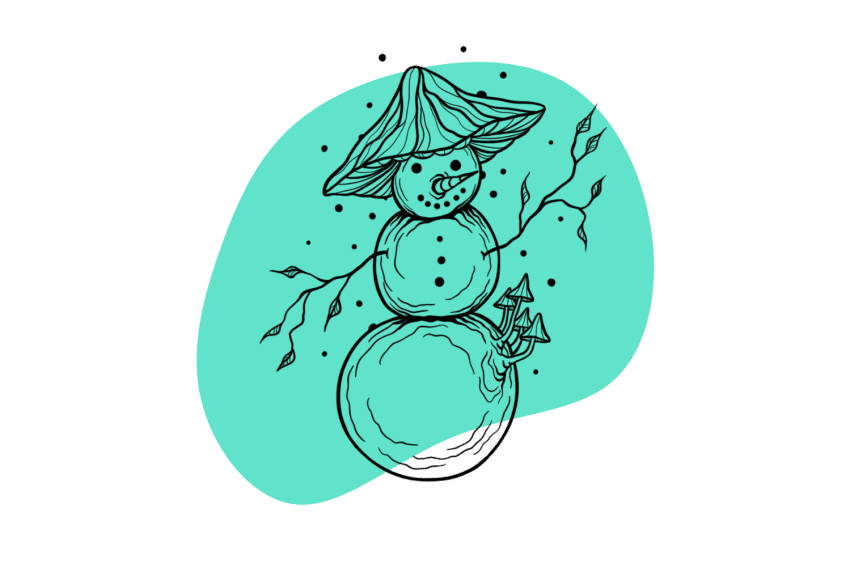Complete Guide to Psychedelic Drug Laws in Saskatchewan
Saskatchewan is salty, but is it salty enough to break the rules of tradition and legalize psychedelics?
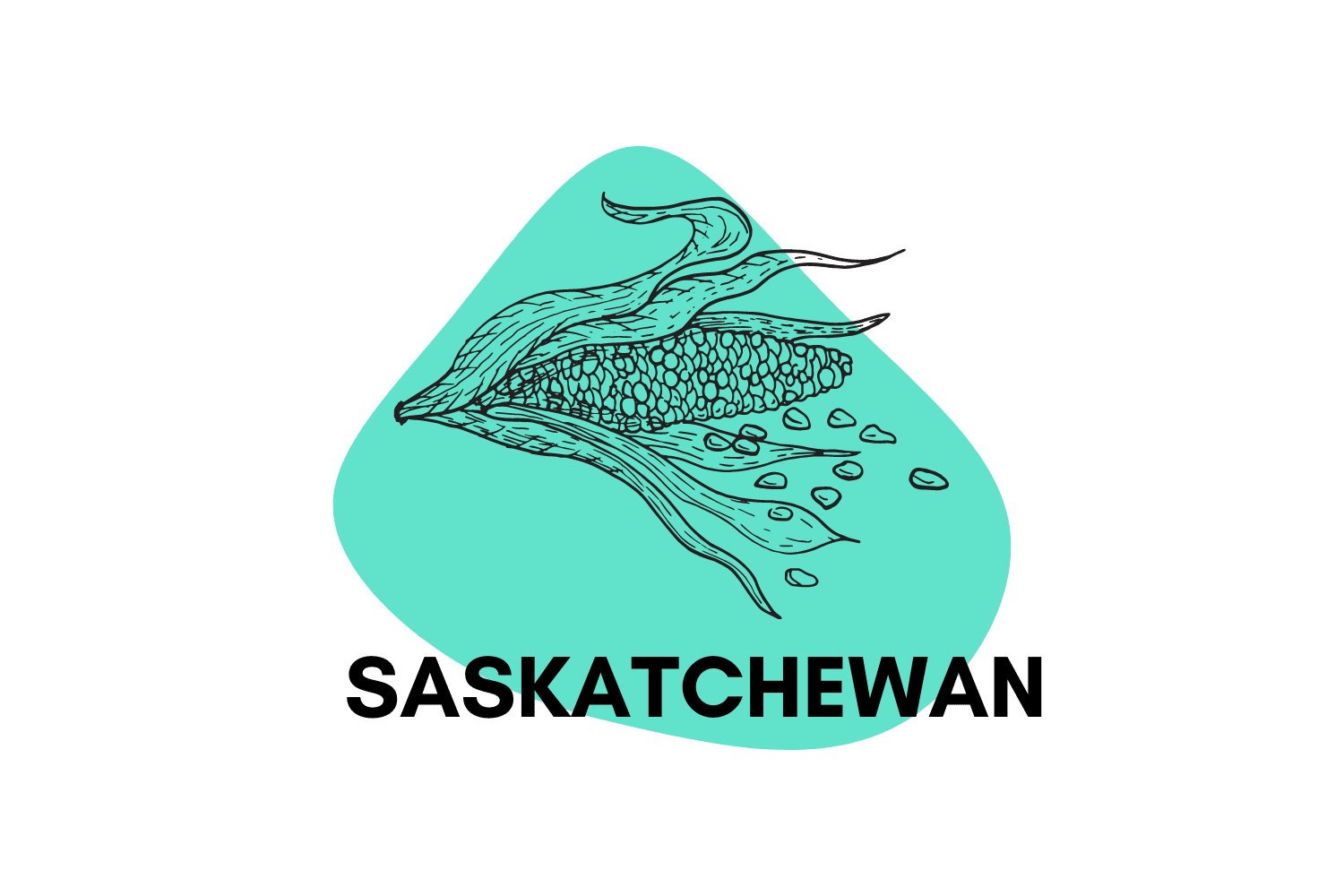
Most psychedelics are listed as controlled substances in Saskatchewan as well as other Canadian provinces.
However, these substances have proven therapeutic value, which has prompted the federal government to review existing laws.
It’s possible we’ll see the decriminalization of magic mushrooms in the coming year, along with the introduction of legal protocols for the medical use of MDMA, LSD, and other medically relevant psychedelics.
Summary of Psychedelic Drug Laws in Saskatchewan
- Most psychedelics are illegal in Saskatchewan (the exceptions are salvia and certain LSD analogs).
- Canada has historically taken a more progressive stance on psychedelics than other countries.
- Many professional institutions support the decriminalization of psychedelic substances for use in psychotherapy.
- Vancouver, BC, recently moved to deprioritize all substances, which could be an example for other cities and provinces to follow suit.
Are Magic Mushrooms Legal in Saskatchewan?
The sale, production, and possession of magic mushrooms have been technically illegal in Saskatchewan since the approval of the Controlled Drugs and Substances Act in 1996.
However, magic mushrooms were recently legalized for use in palliative care as a treatment for existential anxiety and depression in terminally ill patients.
While psilocybin is still listed as illegal in Canada, some initiatives have been underway to relax some of these outdated laws. For example, the e-2535 petition to the House of Commons seeks to decriminalize the use of psychoactive substances with a history of traditional medical, spiritual, or religious use (AKA entheogens).
Magic mushroom spores and spore kits are perfectly legal and sold openly throughout the country as they do not contain psilocybin. As soon as they’re germinated, however, they become illegal once again.
Where to Buy Magic Mushroom Spores in Saskatchewan
You can buy mushroom spores online and have them delivered to your address in Saskatchewan (legally).
Check out vendors like Sporeslab or Spores 101 for a wide selection of magic mushroom strains.
Remember that the cultivation of magic mushrooms is still illegal in Canada.
Related: How to Grow Magic Mushrooms.
Do Magic Mushrooms Grow Wild in Saskatchewan?
Magic mushrooms can be found anywhere, including in Saskatchewan, Canada. The only place you won’t find any is frigid climates such as Antarctica or the far corners of the Canadian North.
Beware, there are dozens of toxic mushrooms that look similar to magic mushrooms, so take great caution if you decide to go out looking for samples.
The most common species of magic mushrooms you’re likely to find in Saskatchewan, and neighboring provinces is Psilocybe caerulipes.
This species is commonly known as the “Blue Foot Mushroom” because of its blue stem base. They grow around rivers in hardwood forests in Saskatchewan, Alberta, Manitoba, Ontario, and throughout the midwest US.
Some people even report sightings of this species is present in Europe, albeit less common.
What Are the Medicinal Uses of Shrooms?
Recently, there’s been a significant push to legalize shrooms in North America and Europe, thanks to relevant research on their use in psychotherapy.
Research suggests the following therapeutic uses of magic mushrooms:
- Depression and mood disorders
- Post-traumatic stress disorder (PTSD) & other forms of psychological trauma
- Existential anxiety & end-of-life care
- Addiction & substance abuse disorders
- Cluster headaches
Is LSD Legal in Saskatchewan?
LSD (lysergic acid diethylamide) is currently illegal in Saskatchewan and classified as Schedule III under Canada’s Controlled Drugs and Substances Act.
In the 1950s, Saskatchewan was home to some of the most essential psychedelic research in the world. This changed in the early 1960s when reports of a black market in acid spilled into mainstream news, raising alarms about a drug that caused hallucinations and “madness.”
With these negative associations, cultural attitudes toward the substance changed, and anti-drug campaigns further cemented an image of LSD as dangerous. This negative image is, nowadays, still present but slowly fading.
Related: The Bizarre History of LSD & CIA Mind Control (MK ULTRA).
Is DMT Legal in Saskatchewan?
DMT (dimethyltryptamine) is prohibited under Canadian federal criminal law, though certain plants containing DMT are legal for sale.
However, the Canadian government permits the use of the DMT-containing brew ayahuasca for approved individuals or organizations through Subsection 56 exemptions.
A way to legally use DMT in Saskatchewan could be changa — which is a smokable form of ayahuasca that consists of unregulated plant species such as the Banisteriopsis caapi vine.
Is MDMA Legal in Saskatchewan?
MDMA, also known as ecstasy, is currently illegal in Saskatchewan.
If caught, you could face up to seven years of imprisonment for the possession of MDMA. However, some countries and states are moving to legalize the medicinal use of MDMA in therapy, though it won’t be legal for public use anytime soon.
This substance is currently classified as Schedule I of the Canadian Controlled Drugs and Substances Act. MDMA’s legalization remains highly unlikely in the near future.
Is Ketamine Legal in Saskatchewan?
Ketamine is legal in Saskatchewan and all of Canada for medical use only.
Numerous clinics operate with the substance in almost all major Canadian cities, providing fast relief for patients with severe depression. Ketamine treatment is not covered by the provincial healthcare system, and some doctors in the province advocate for it to be covered.
Its recreational use remains banned as a Schedule I controlled substance, bringing a penalty of up to seven years of imprisonment.
Is Marijuana Legal in Saskatchewan?
Marijuana became legal in Saskatchewan for citizens 21 years old or older when the national Cannabis Act went into force in October 2018.
Still, you cannot smoke it in any public place, be it indoors or outdoors, and you must store your cannabis safely and away from minors. Marijuana is currently legalized for recreational use, medicinal purposes, seed, grain, and fiber production.
Furthermore, the Government of Saskatchewan has adopted the federal minimum standards around home production, including a limit of four cannabis plants grown per household. Minors are prohibited from possessing cannabis, and failure to comply can result in prosecution subjected to the Youth Criminal Justice Act.
Delta 8 THC, being a cannabis derivative, is also legal but regulated in Saskatchewan. This also applies to delta 9 THC and delta 10 THC, freely sold in online stores throughout the province.
What’s the Difference Between Legalization & Decriminalization?
Legalization and decriminalization are similar, but there are some key differences to be aware of.
A) Legalization
This concept removes the penalties for possessing a substance and allows it to be bought from approved sellers. In addition, more people have access to the substance without the risk of going to jail, getting fined, or purchasing unsafe products.
As a result, the industry becomes more regulated, reducing the concentration of contaminated or adulterated products. However, restrictions put in place can often create conditions that are unfavorable to providing the highest quality product possible.
B) Decriminalization
When a substance is decriminalized, penalties for breaking laws associated with it become much lighter. Additionally, decriminalization makes it easier for drug-addicted people to find effective treatment, and substance abuse and addiction rates usually decline.
Still, decriminalization doesn’t solve the problems caused by black markets and substance adulteration.
Psychedelic Laws in Other Canadian Provinces
Some provinces treat drug offenses differently than Saskatchewan.
- Psychedelics in Alberta
- Psychedelics in British Columbia
- Psychedelics in New Brunswick
- Psychedelics in Newfoundland and Labrador
- Psychedelics in Northwest Territories
- Psychedelics in Nova Scotia
- Psychedelics in Nunavut
- Psychedelics in Manitoba
- Psychedelics in Ontario
- Psychedelics in Prince Edward Island
- Psychedelics in Quebec
- Psychedelics in Yukon
Key Takeaways: What’s the Future of Psychedelics in Saskatchewan?
The 21st century has seen a renewed interest in psychedelics, with growing support for bringing back psychedelic science. In addition, research on treating addiction, post-traumatic stress disorder, obsessive-compulsive disorder, depression, and end-of-life care is gaining momentum. Some observers are even describing it as a “psychedelic renaissance.”
Less than two years ago, 15,000 Canadians signed an online petition calling for the decriminalization of plants and fungi with psychoactive properties. They argue that by advocating for decriminalization, there will be a reduction in the risk of criminal sanction for sick people seeking natural remedies. Many institutions such as Johns Hopkins University and New York University publicly supported this concept.
In general, Saskatchewan and most of Canada are slowly moving to decriminalize psychedelics while legalizing some of them, strictly for medical use. Luckily, Canadian laws are already more lenient and flexible compared to the rest of the world, so this may happen sooner than expected.

